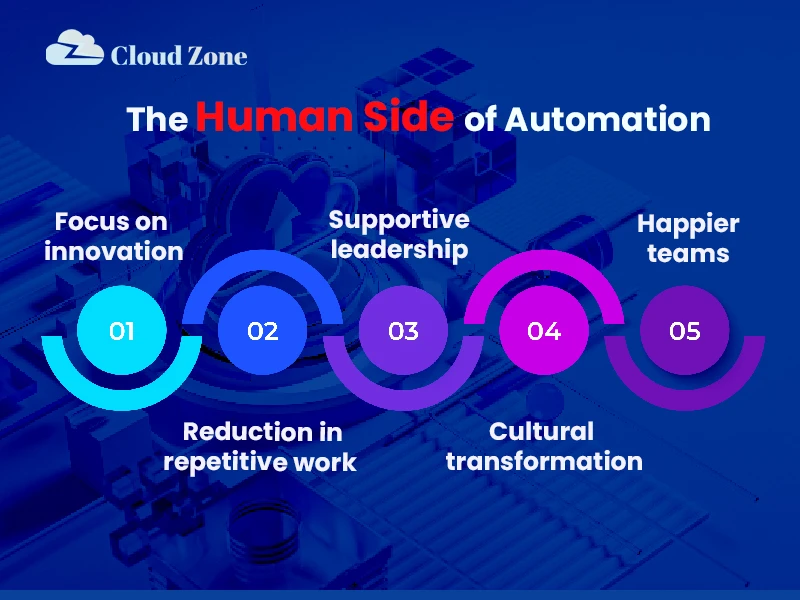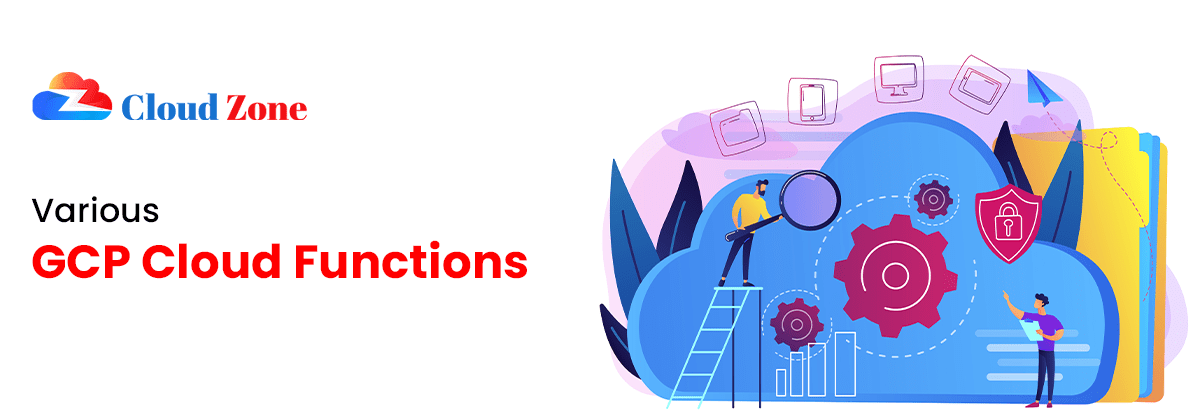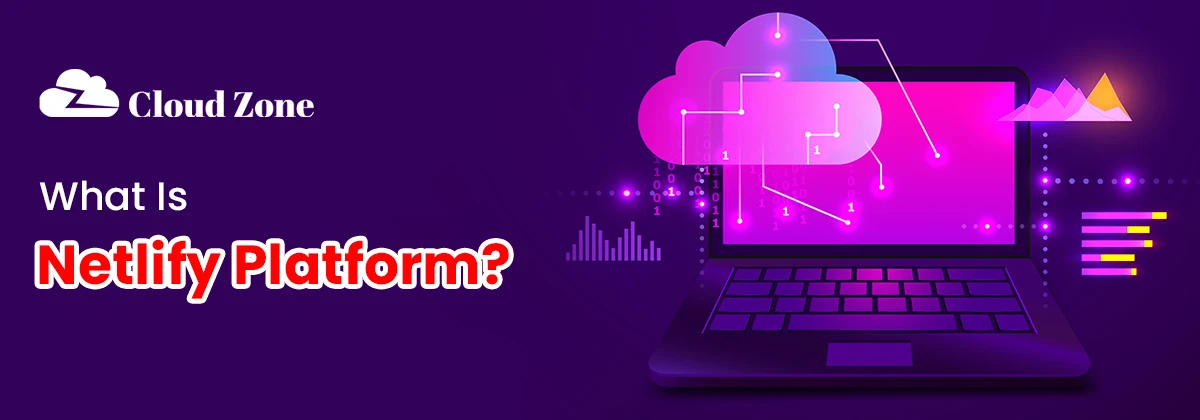Table of Contents
ToggleIn the ever-digital landscape of today, DevOps Culture in Cloud Computing and Automation is more than just a methodology; it is a mindset. Automation and culture come together in Cloud-native platforms, and that is transformation. This shift fuels more rapid releases, more resilience, and better collaboration.
What Makes DevOps a Culture?
This culture dispels the division between operations and development.
DevOps is a culture of ownership, transparency, and continuous learning.
Tools are also good, but culture defines how teams behave and cooperate.
It develops trust by creating collective accountability at each step of delivery.
Further, it encourages failure and seeing how to do things differently afterwards.
It makes technical practices business objective-oriented in the context of continuous value delivery.
Global Perspectives on DevOps
At its origin, DevOps cultura is about eliminating the barrier between development and operations. Teams collaborate, have equal ownership, transparency, and learning. This is a culture that is based on the team more than command, so as to have a place where all are in a position to bring value to the customers. Technologies and tools assist in this process, but it is culture that determines the way teams behave, decide, and develop.
In addition to teamwork, DevOps culture can create trust by means of accountability and transparency. It encourages trial and error and failure without blame, and thus it forms an enabling environment that favors innovation. It also aligns technical practices with business objectives, through which delivery is not only quicker, but more significant. As such, DevOps can be seen less as a toolset and more as a thought process, behaviours, and values brought to the workplace.
DevOps + Cloud Automation: The New Dimensions
Cloud-Native Resilience as Culture
Failure resistance involves preparing not just to achieve performance.
Cloud systems provide auto-scaling: when traffic increases, the systems will automatically add more servers.
Teams practice chaos engineering: they then simulate failures to test recovery.
This instils trust in the ability of the system to endure problems in the real world.
The culture changes to proactive planning instead of being reactive in firefighting.
FinOps + DevOps Synergy
DevOps Focus | FinOps Focus | Shared Culture |
Speed & automation | Cost visibility | Efficient, accountable scaling |
Resilience | Budget control | Smarter cloud choices |
Collaboration | Financial governance | Shared ownership of spend |
The Human Side of Automation

Reduction in repetitive work: Automation minimizes monotonous work, which means that teams have less time to spend on toil.
Happier teams: Reduction of manual burdens will result in morale boosting and will have room to think creatively.
Focus on innovation: Developers do not waste resources in solving repetitive problems.
Supportive leadership: The leaders are coaches and enablers rather than micromanagers.
Cultural transformation: The teams view automation as a means to develop people further instead of displacing them.
Psychological Safety & Team Health in DevOps
A great Cultura DevOps is not only about tool automation and people. Teams that are not afraid of failing, because it is not blamed on individuals, innovate faster and experiment more. This psychological safety leads to the creation of a basis on which cultural DevOps is based, in that trust and learning are as important as speed are pertinent.
The automation is also a factor in team health. Eliminating repetitive labor, teams will not feel burned out and concentrate on creative matters. Once the leaders stop micromanaging and start coaching, morale increases, there is an improvement in retention, and performance rises. In this regard, therefore, DevOps is a culture that attaches importance to both delivery and people, demonstrating that healthy teams create stronger systems.
Cross-Cloud and Hybrid DevOps
The reality of multi-cloud: The DevOps in cloud computing and automation will change to an environment where more than one provider or cloud is in use.
Portability is a concern: Teams can develop apps that execute seamlessly in AWS, Azure, GCP, and on-premises clouds.
Interoperability first: Open APIs and shared standards help different systems work together without friction.
Avoid lock-in: Building flexible pipelines prevents dependence on a single cloud provider.
Cultural agility: Teams become able to respond rapidly, work across platforms, and innovate without being weighed down.
Learn how DevOps boosts automation, collaboration, and career growth. Join our expert-led training now!
Sustainable & Ethical Cloud DevOps
GreenOps brings sustainability into DevOps practices. Teams keep a check on the energy and carbon quantum of each implementation. Automation closes what is not being used, increasing waste. As in the case of security in DevSecOps, sustainability is a new team value.
AI-Augmented DevOps in Cloud Pipelines
In contemporary pipelines, AI tooling that is cloud-native categorizes mistakes, author test cases, and streamlines CI/CD workflows. Rather than simply construction, developers are positioned as curators, editing and enhancing AI-generated output.
This balance creates reliability in automation, at the same time maintaining human control. It shows how this evolves with AI, proving that DevOps is a culture of adaptation and learning.
Platform Engineering: DevOps as a Product
Platform Engineering is a new tendency in DevOps Culture in Cloud Computing and Automation. To make the handling of infrastructure components simpler, teams establish Internal Developer Platforms (IDPs).
Minimize cognitive overhead: Developers work with the code rather than cumbersome infrastructure.
Consolidate workflows: Uniform platforms tie processes together in all groups.
Leverage the power of self-service: Through self-service efforts, developers use more applications and scale applications faster, and the operations team can do more.
Increase speed: Standard tools decrease the construction and delivery of software.
Develop a developer-focused culture: Teams treat infrastructure as a product that is built with a developer in mind.
Enhanced teamwork: Development and operation have a common platform, so there is more openness in the activities.
AIOps: Smarter Cloud Automation with AI
Improves reliability: AIOps is machine learning with big data to stabilize operations.
Detects anomalies early: Before they turn into incidents, anomalies are detected by systems.
Cross-references events: It cross-references events between several cloud systems to get a better picture.
Anticipates problems: Teams prevent failures rather than waiting to respond.
Minimises noise: Automation clears out false positive notifications and only the teams work on real issues.
Enables perpetuating progress: Analytics-based captivations inform more intelligent processes and adjustments.
Enhances the culture of DevOps: Teams become intelligent and shift gears to proactive operations.
Demonstrates DevOps is a culture: AIOps indicates the culture is changing with the technological developments.
Learn the culture that drives IT success. Join our DevOps program and stay ahead in the tech world.
GreenOps: Building a Sustainable Culture of DevOps
A recent emphasis in the culture of DevOps is GreenOps.
It underlines efficiency and responsible use of the cloud.
Measure each workload of carbon impact.
Put the resource shutdown to autopilot.
Promote efficiency as a value to the team.
Optimise cloud areas to minimise energy usage.
Monitoring tools can be used to measure sustainability goals.
Publish environmental measures to create accountability.
GreenOps provides fast and accountable procedures to evolve.
Practical Resources
Teams can learn faster with resources like DevOps culture and practice with the OpenShift PDF. These guides apply cultural and technical principles to real projects. The DevOps culture and practice with the OpenShift framework give hands-on methods to improve automation and team collaboration.

Conclusion
The journey toward DevOps Culture in Cloud Computing and Automation is continuous. Embrace resilience, FinOps, hybrid strategies, sustainability, and AI to stay ahead.
Now is the time to embed DevOps Culture in Cloud Computing and Automation at the heart of your digital strategy. Start small, automate wisely, and grow a culture that values people, performance, and the planet.
For more insights into the tooling landscape, explore our latest article on What are DevOps Tools.



